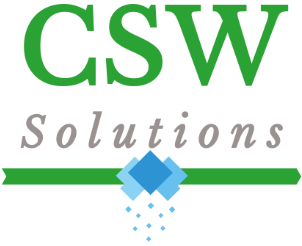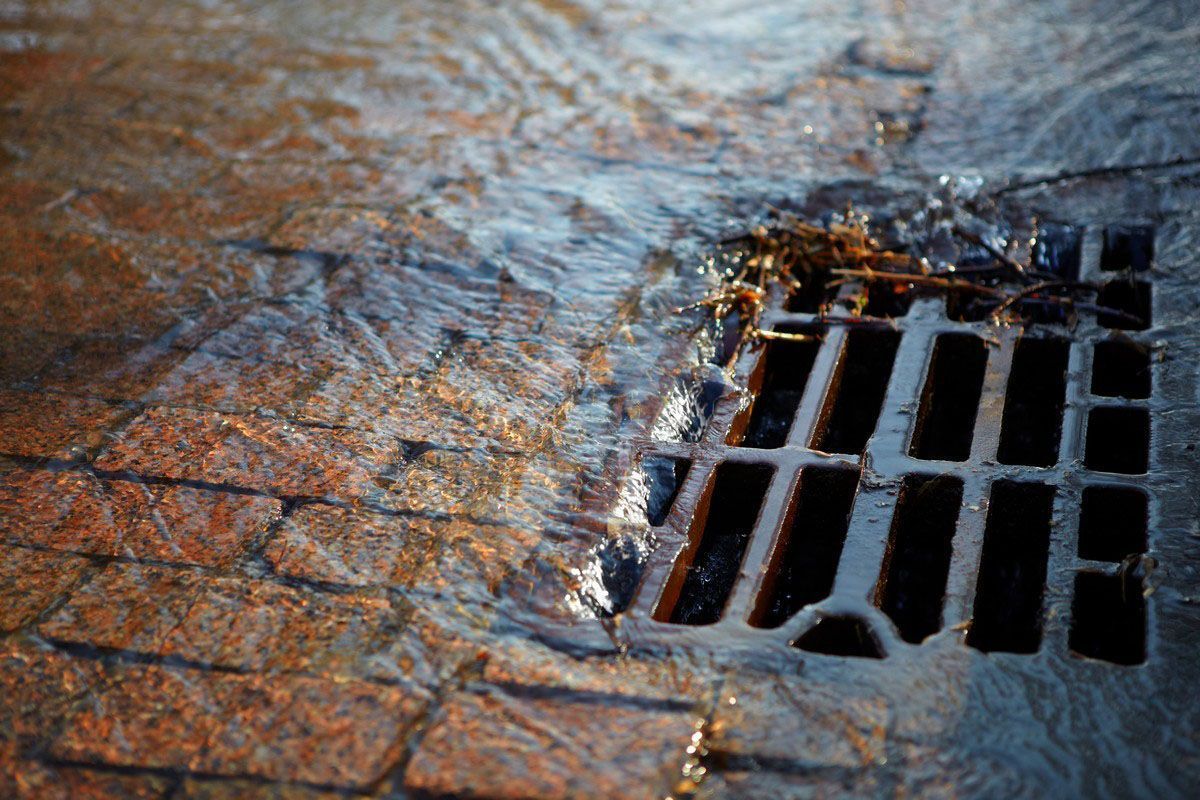Surprising Benefits of Regular Stormwater Inspections
Stormwater management is a critical component of urban planning and environmental conservation. As cities expand, the increase in impermeable surfaces leads to enhanced stormwater runoff, necessitating efficient management systems. Regular stormwater inspection is an indispensable part of these systems, providing insights into the condition of stormwater infrastructure and its impact on environmental and community health. These inspections are key for ensuring the optimal performance of storm drainage systems and for identifying potential issues before they cause significant problems. Additionally, stormwater inspection helps communities plan for future growth, adapt to changing weather patterns, and integrate sustainable practices into urban development. They also support emergency preparedness, inform community planning decisions, and foster collaboration between municipalities and environmental agencies. By understanding the surprising benefits of regular stormwater inspection, communities can take proactive steps to safeguard their environments, improve infrastructure longevity, and enhance public safety.
Ensuring Longevity of Infrastructure
Regular stormwater inspection is essential for identifying potential weaknesses in drainage infrastructure that may not be visible on the surface. These inspections allow for early detection of structural issues, enabling timely repairs that prevent more serious failures. By consistently assessing stormwater systems, municipalities can prioritize maintenance and allocate resources effectively. This proactive strategy reduces the risk of catastrophic infrastructure failure and avoids costly emergency repairs. According to Business Research Insights, the global market for stormwater management solutions is expected to grow to nearly USD 32 billion by 2033, highlighting the increasing importance and investment in robust stormwater infrastructure. Regular inspection ensures that public funds are used efficiently, and infrastructure investments provide maximum value over time.
Preventing Erosion and Sediment Accumulation
Stormwater inspection helps communities identify areas susceptible to erosion and sediment accumulation. Left unaddressed, these issues can reduce the capacity and efficiency of stormwater systems, leading to potential flooding and environmental degradation. Regular inspections allow maintenance teams to intervene early, preserving the functionality of drainage networks and protecting surrounding ecosystems. By managing erosion and sediment proactively, communities maintain natural landscapes, safeguard water quality, and reduce the long-term costs associated with extensive repair work or dredging operations.
Identifying and Removing Blockages Early
One of the primary benefits of stormwater inspection is early detection of blockages caused by debris, sediment, or structural damage. These blockages can lead to flooding, property damage, and environmental harm. Scheduled inspections allow maintenance teams to clear obstructions before they escalate, ensuring smooth operation of stormwater systems. Early intervention not only prevents property damage but also promotes public safety and minimizes disruption to community life. A well-maintained system ensures water moves efficiently, protecting both infrastructure and the environment.
Optimizing Maintenance and Repair Schedules
Stormwater inspection provides detailed data on infrastructure condition, guiding maintenance and repair planning. Communities can develop targeted schedules that focus on high-priority areas, reducing downtime and resource wastage. By addressing minor issues proactively, municipalities prevent larger, costlier problems from developing. This data-driven approach enhances operational efficiency and ensures stormwater systems remain functional and reliable. Long-term planning based on inspection results strengthens the resilience of urban infrastructure, supporting sustainable management practices.
Extending Lifespan of Stormwater Facilities
Regular stormwater inspection plays a direct role in prolonging the life of drainage facilities. By catching small issues before they escalate, inspections minimize wear and tear on pipes, channels, and retention systems. This proactive approach saves financial resources and supports sustainable management of community assets. Additionally, extended infrastructure lifespan ensures that public investments continue to deliver value, reflecting positively on municipal management and increasing trust among residents. Communities that prioritize inspections enjoy both operational efficiency and long-term reliability in stormwater management.
Protecting Water Quality and the Environment
Stormwater inspection reduces pollutants entering waterways by identifying contamination sources such as chemicals, oils, and debris. By addressing these risks promptly, inspections protect aquatic ecosystems and ensure safe water quality for humans and wildlife. Regular oversight also helps communities comply with environmental regulations, safeguarding public health. Maintaining clean waterways through stormwater inspection contributes to sustainable ecosystems, supports biodiversity, and reinforces a community’s commitment to environmental stewardship, benefiting both present and future generations. Inspections also help detect nutrient pollution, which can lead to algal blooms that threaten aquatic life. Early identification allows for targeted mitigation measures to prevent large-scale environmental impacts.
Enhancing Flood Management and Risk Reduction
Routine stormwater inspection is vital for minimizing flood risks. Early identification of vulnerabilities in drainage systems enables municipalities to take corrective measures before extreme weather events. Inspections also provide data for improving flood response strategies, helping emergency management teams act efficiently during storms. Additionally, inspections aid in mapping flood-prone areas, ensuring that resources are allocated effectively and preventive measures are implemented. Communities that integrate regular inspection into their flood management programs experience greater resilience, public safety, and reduced economic losses from flood events. Regular inspections also allow for evaluation of retention ponds, culverts, and drainage channels, ensuring that all flood mitigation infrastructure is operating at peak efficiency.
Supporting Economic Growth and Property Value
Stormwater inspection contributes to economic benefits by lowering costs associated with emergency repairs and infrastructure failure. Efficient stormwater systems reduce flood-related damage, maintaining property values and creating safer, more attractive communities. Reliable drainage infrastructure also supports local businesses by preventing disruptions and enhancing urban environments. Investors are more likely to fund projects in communities with effective stormwater management, boosting economic development. Furthermore, inspection-related job creation in maintenance, engineering, and environmental services strengthens local economies while ensuring skilled workforce availability for future needs. Additionally, communities with strong stormwater programs may attract new development projects, increasing employment opportunities and stimulating local commerce.
Promoting Community Health and Safety
Stormwater inspection helps reduce the risk of waterborne diseases by maintaining proper drainage and preventing contamination. Clean and functional systems protect residents from pollutants and pathogens, enhancing public health. Inspections also support environmental quality initiatives, such as green infrastructure, which improves air quality and mitigates urban heat islands. Maintaining green spaces and water systems through regular inspection fosters urban livability, providing safe, enjoyable, and resilient communities. Residents benefit from healthier living conditions, reduced flood risks, and improved recreational spaces, reinforcing trust in municipal services and public infrastructure management. Community awareness programs linked to inspection findings educate residents about maintaining stormwater controls, further supporting public health and safety.
Ensuring Legal Compliance and Public Confidence
Regular stormwater inspection helps communities meet regulatory requirements, avoid fines, and maintain adherence to local, state, and federal laws. Inspections support industry standards, facilitate permitting for new development, and demonstrate proactive management of public resources. Transparent reporting of inspection results builds public trust and encourages engagement, enabling citizens to participate in sustainable urban planning. By proactively addressing policy changes and regulatory updates, communities ensure their stormwater systems remain efficient, compliant, and resilient, showcasing leadership in environmental stewardship and long-term planning. This trust reinforces a positive relationship between residents and local authorities, encouraging collaboration in environmental initiatives.
Stormwater inspection provides an array of benefits, including infrastructure longevity, environmental protection, flood mitigation, economic growth, community health, and regulatory compliance. By integrating regular inspections into stormwater management programs, municipalities enhance system efficiency, reduce risks, and support sustainable urban development. Engaging professional providers ensures inspections are conducted effectively, maximizing public safety, economic returns, and environmental quality. Investing in these services represents a proactive, cost-effective strategy to maintain resilient, healthy, and thriving communities now and into the future. The consistent application of stormwater inspection ultimately ensures that urban environments remain adaptable, safe, and prosperous for all residents. For quality inspection services when you're dealing with stormwater, contact Commercial Stormwater Services today!



Share On: